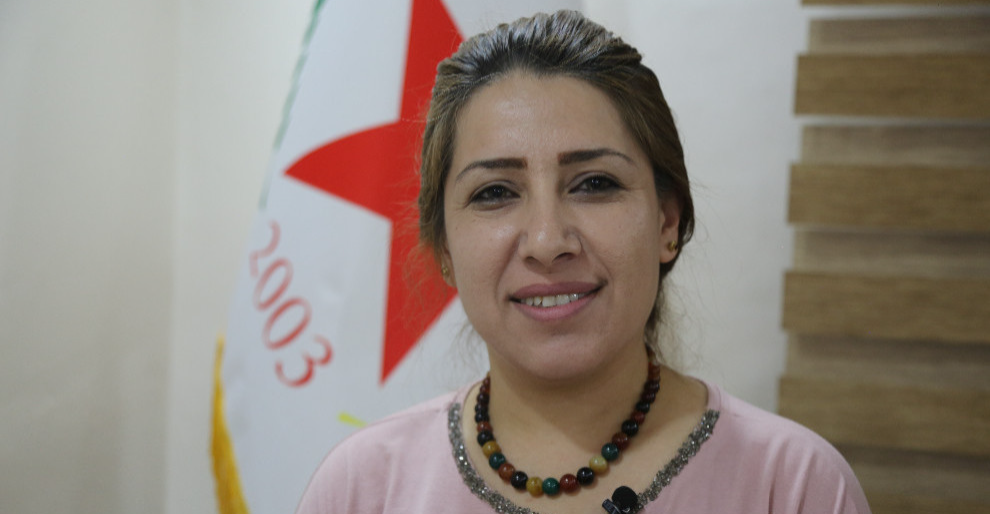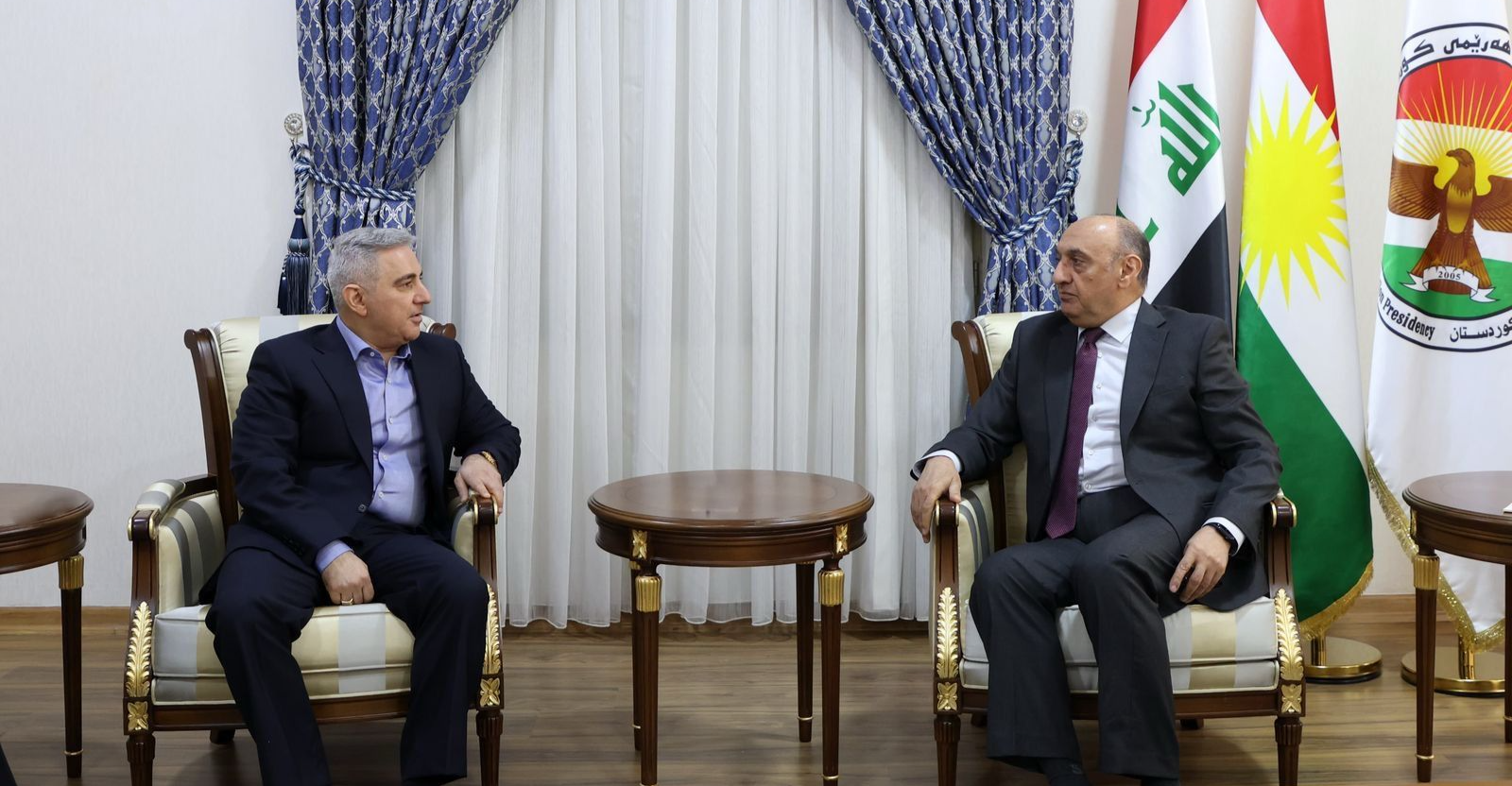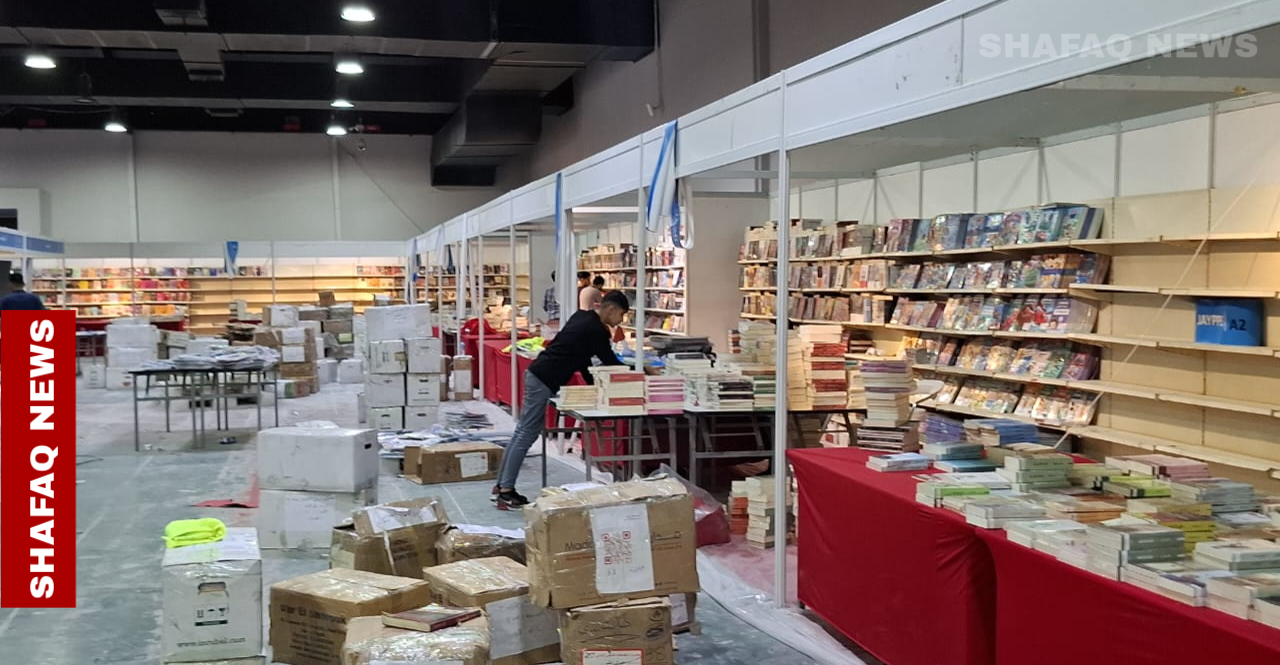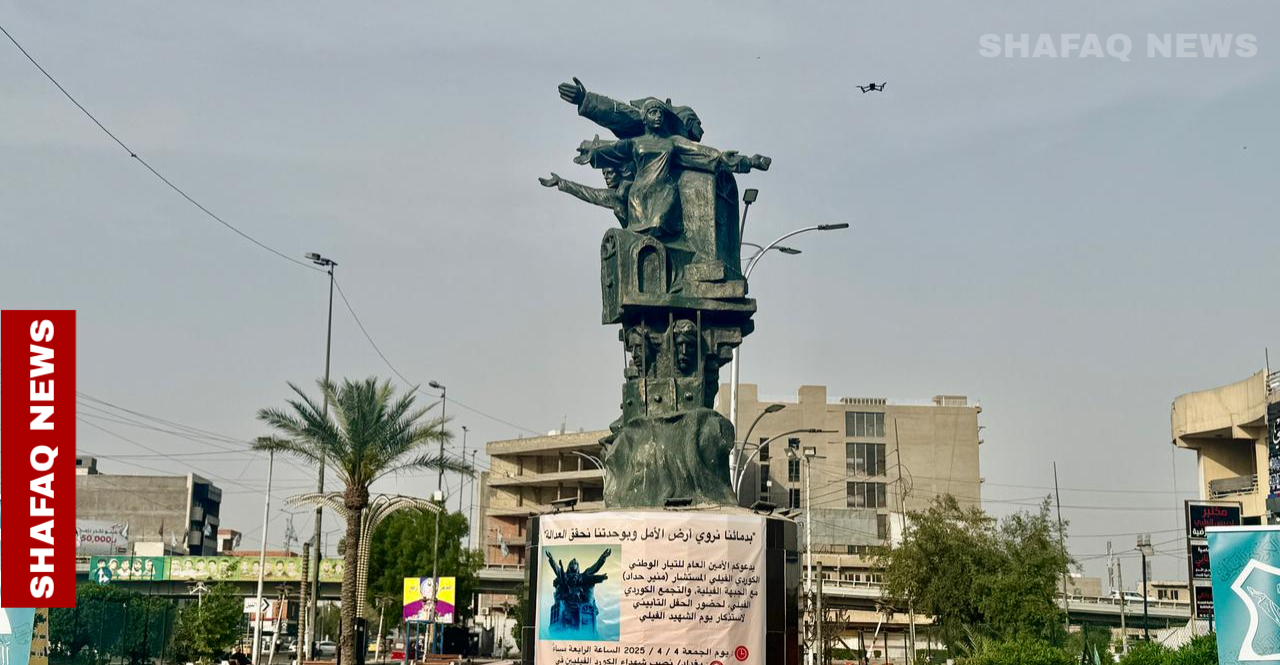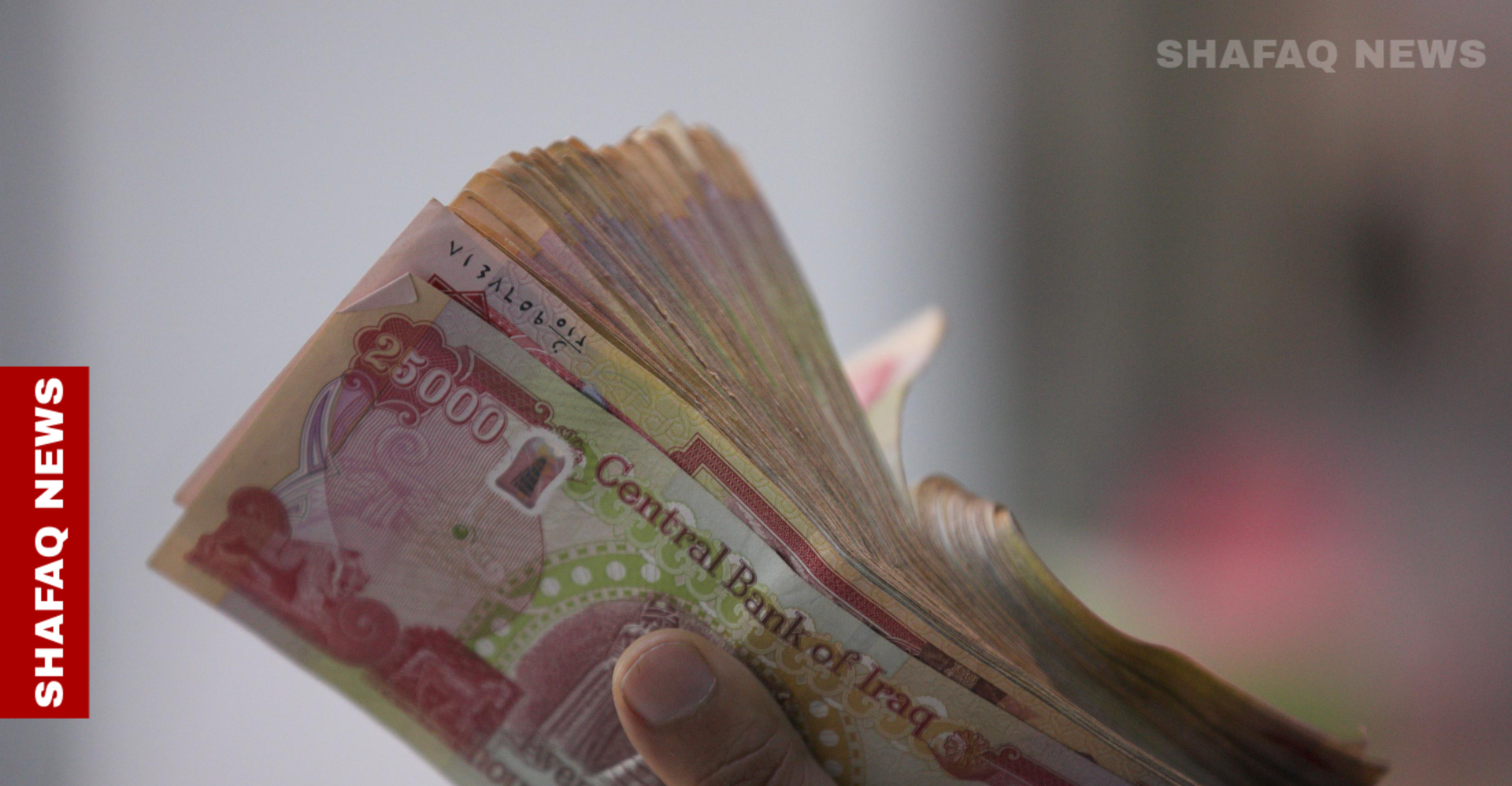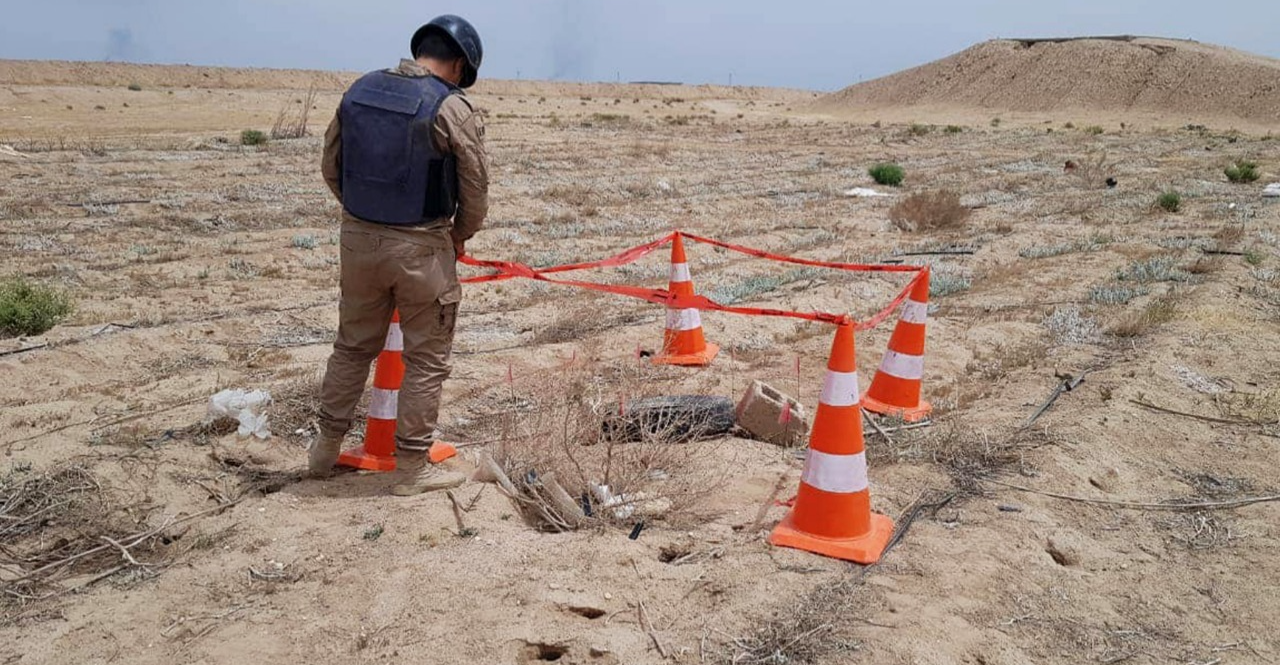Soaring real estate prices deepen Iraq's housing crisis
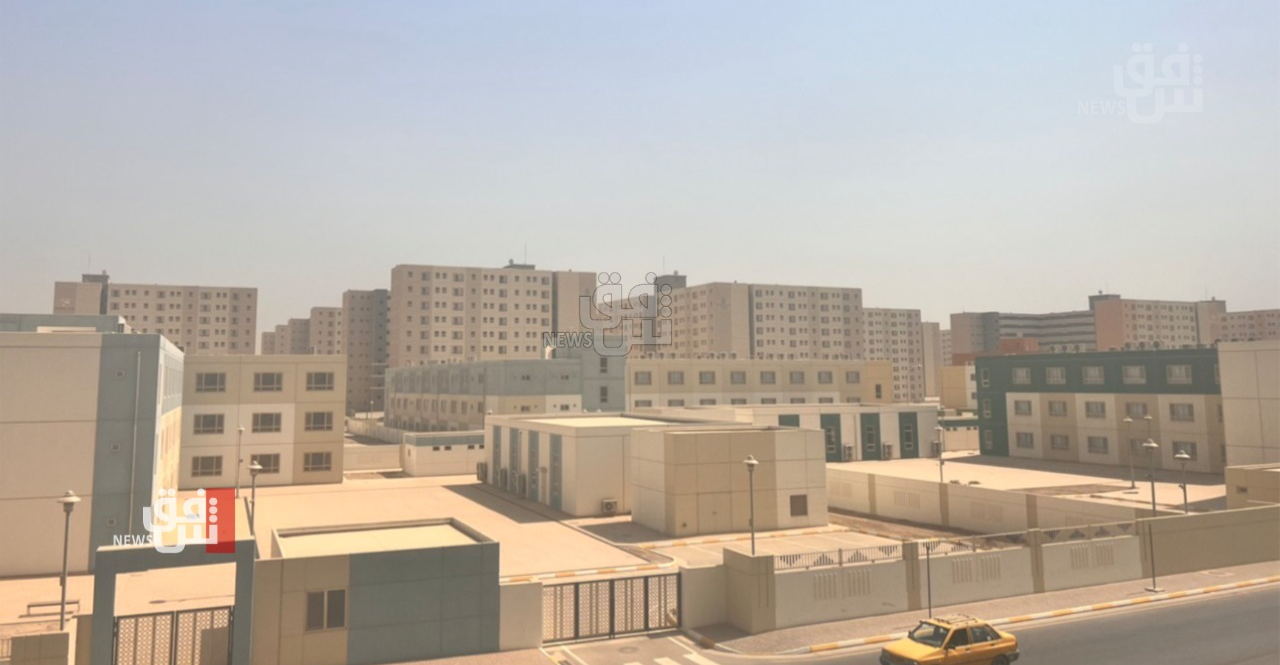
Shafaq News/ Iraq’s real estate market is witnessing rapidexpansion, with residential towers and commercial developments reshaping urbanlandscapes. However, beneath this growth lies a deepening housing crisis fueledby soaring property prices, leaving millions of Iraqis struggling to secureadequate shelter.
The Crisis Drivers: Demand Outpaces Supply
Several factors contribute to Iraq’s housing crisis,including a population boom, inflation, and rising construction costs.Government statistics reveal that Baghdad alone faces a housing deficit of 31%,highlighting the scale of unmet demand across major cities.
Mutaz Al-Hasani, owner of Al-Sabah Real Estate Agency,illustrated the disparities in Baghdad’s property market. “In affluentdistricts like Al-Jadriya, Mansour, Yarmouk, Palestine Street, and Al-Saydiya,prices range from $3,000 to $7,000 per square meter,” Al-Hasani told ShafaqNews.
“Meanwhile, lower-income neighborhoods, such as Sadr Cityand Al-Zaafaraniya, offer more affordable rates of 1 to 2 million Iraqi dinars($680 to $1,360) per square meter.”
Apartment prices are similarly affected. Al-Hasani notedthat a 100-square-meter unit can cost between 200 million and 500 milliondinars ($136,000 to $340,000), depending on location and proximity to citycenters. These prices are unaffordable for most Iraqis, given stagnating wagesand limited financing options.
Government Initiatives: Limited Reach
The Iraqi government has introduced several initiatives toaddress the housing shortage, including the Bismayah residential complex. Thisstate-backed project offers fixed-price apartments with installment plans,requiring a 10% down payment and a 25-year repayment period at a 4% annualinterest rate.
According to a source at Al-Rafidain Bank, “a 100-square-meterapartment in Bismayah costs 83,160,000 dinars ($56,550), while larger units arepriced proportionately higher.”
However, these efforts have fallen short. “Thegovernment-built housing complexes do not meet the actual needs of citizens,”said Nabil Al-Saffar, spokesperson for the Ministry of Construction andHousing.
Al-Saffar noted that Iraq requires an additional 60,000housing units annually to close the gap between supply and demand.
The Role of Inflation and Speculation
Iraq’s real estate market has also been hit by soaringinflation, with prices in some areas climbing over 120% in recent years,according to Shafaq News reports.
Economic expert Nabil Al-Marsoumi criticized thegovernment’s failure to curb speculative investments. “Wealthy investorsacquire multiple properties, driving up prices and locking out ordinarycitizens,” he explained.
In addition, speculative trading and money laundering haveexacerbated the crisis. A recent Shafaq News investigation revealed that realestate is a favored avenue for laundering illicit funds, with high-enddevelopments often funded by corrupt practices.
“Permits for luxury complexes are frequently issued withoutprice controls or oversight,” said economic expert Durgham Mohammed Ali. Thishas created a market focused on profit rather than accessibility, leaving mostIraqis unable to benefit from these projects.
Rising Construction Costs
The surge in construction costs is another barrier tohousing affordability. Contractor Ali Al-Lami reported that building a home inBaghdad costs between 400,000 and 1 million dinars ($272 to $680) per squaremeter, depending on materials and finishes. “The differences stem fromvariations in material quality and imported components like plumbing andelectrical systems,” Al-Lami told Shafaq News.
“While some private companies offer installment-basedconstruction services, these initiatives remain insufficient to address thebroader challenges of affordability.”
Efforts to Stabilize the Market
Government officials acknowledge the growing demand forhousing and have promised solutions. Proposals include stricter regulations onspeculative investments, incentives for affordable housing developments, andpartnerships with international firms to leverage innovative construction technologies.
Meanwhile, falling real estate prices in some regions offera glimmer of hope. Analysts attribute this decline to “reduced speculativeactivity and a shift in market priorities,” potentially creating opportunitiesfor low-income families to access affordable housing.

